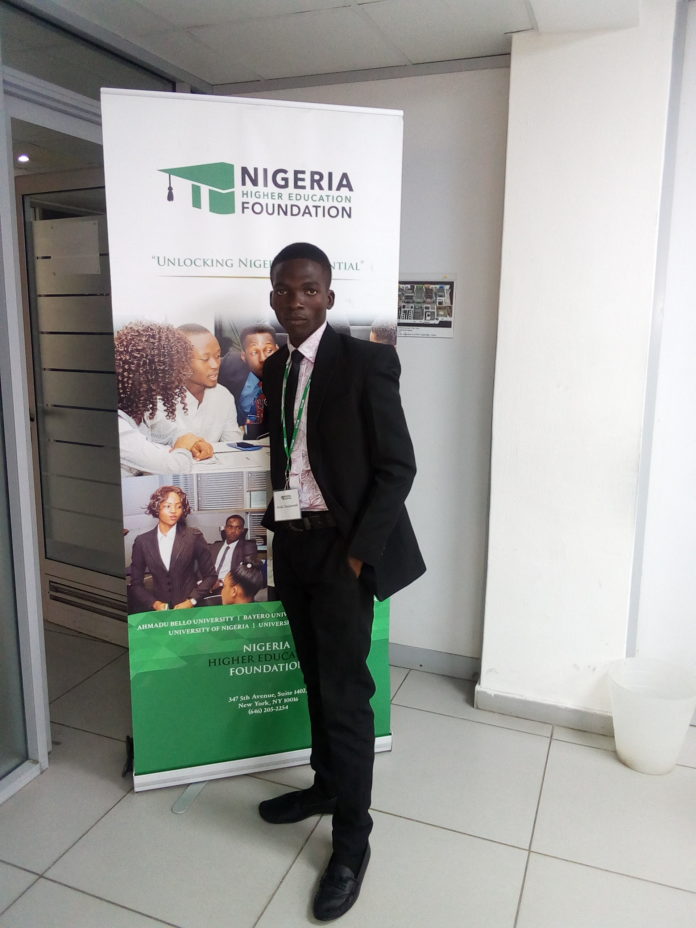
Just as someone said jokingly, people will soon start organizing masterclass on how to organize
masterclass. A funny but true statement. The world is rapidly facing a quadruple of information from every corners around. Although, information space increment has been traced to the 60s, the present world is going through an explosion of information where users are provided with more than needed information. This has been described by experts as information overload.
Information overload according to Dean and Webb (2011) is a decisive factor during negative work environments that are killing productivity, dampening creativity, and making us unhappy.
Statistics have shown that about 2.6 billion users are on Facebook with over 350 million posts per day. Twitter has over 330 million active users with over 500 million tweets per day while Instagram has over 1 billion active users with over 500 million Instagram stories per day. This fact signals a world screaming for sanity amidst crowd of data that are released on diverse social platforms from time to time.
A known fact is too much of everything is bad. This conveys the standpoint against the argument that technology-age has come with much benefits to humanity. Of course, the benefits are decorated with information overload. Ever get stuck amidst ideas, or get your head aching hard due to indecision or want to shut down to free your brain of reverberating information? That feeling is pretty an effect of information overload. The increase in social media updates and posts, social environment messages and even religious spaces contribute to the provision of pool of information.
Read Also: #Technology
Herbert Simon succinctly captures the effects of information overload in the saying, "A wealth
of information creates a poverty of attention. Unregulated information makes one rely overly on unproductive sources without assessment. Time management is grossly undervalued as attention is shared among media spaces: Jumping brain from WhatsApp to TV to Telegram.
Information overload reduces engagement and productivity. This is obvious in the sense that many sleep scrolling social feeds and wake to browsing through array of information across spaces with little or no focus. Shenk (1997) describes this as data smog – the muck and duck of information.
To avoid being swallowed by the ocean of information smog, one has to be able to differentiate
between relevant and redundant information. One must self-expose to valuable task information. I have packaged the antidote of infocrazy in KISS-CARE. (KISS) Keep it short and simple. You have to retain simple and well processed information to avoid information stalking. It is often said that any road can take you, if you don't know where you’re going. It is essential that you figure out what you want and back it with only relevant information.
(CARE) Choose: information by understanding details and not in haste. Action: loading the brain with much information increases stress hormone, cortisol as well as overstimulate the brain in a way that can cause mental fog or scrambled thinking. You need to act on selected information not all. Reflect: think deeply about your selected information and actions. Evaluate: make sure you assess your actions formatively and summatively.
Oluwajuwonlo Afolabi writes from Ibadan














